Test Bank For A History of Modern Psychology 5th Edition by C. James Goodwin
I. Multiple Choice
NOTE: The following items also appear in the online study guide that is available to students:
1, 10, 15, 20, 29, 42, 44, 48
1. Chapter 2 opens with the Ebbinghaus quote about psychology having a short past but a long history. What did Ebbinghaus mean?
a. he meant that it was important for psychology to break completely with philosophy in order
to become scientific
b. he meant that the issues of interest to psychologists could be traced to ancient times
c. he meant that psychology really has a lengthy history, but most people don’t remember any
of it so they believe that psychology has just a short history
d. he meant that most psychologists don’t appreciate the importance of studying psychology’s
history
2. Which of the following true about a heliocentric view of the universe?
a. it was rejected by Galileo on the basis of his telescopic observations
b. it assumes that the earth is at the center of the universe
c. it was the official view of the Church in the 17th century
d. it eventually replaced the geocentric view
3. Copernicus published his heliocentric view of the universe in 1543. Another event occurred that year, which led one historian to consider 1543 to be the year when modern science was born. What was the other event?
a. Vesalius published his treatise on anatomy
b. Gutenberg invented the printing press
c. Harvey discovered that the heart acted like a pump
d. Galileo invented a telescope
4. Sir Francis Bacon, who became a hero to B. F. Skinner, is known for advocating
a. submission to the legitimate authority of the Church
b. an inductive approach to knowledge, in which general principles are derived from
numerous observations
c. the idea that humans are mere machines
d. a deductive approach to knowledge, in which general principles based on Aristotle’s
authority would be used to deduce specific laws about how the world worked
5. Which of the following pairs is inappropriately matched?
a. Galileo—heliocentric
b. Bacon—inductive
c. Copernicus—geocentric
d. Harvey—circulatory system
6. In addition to his faith in an inductive approach to science, Bacon also believed that
a. science should play a role in controlling nature
b. basic science was good, but applied science was bad
c. scientists should conform to the wisdom of Aristotle
d. a thorough understanding of the universe could only be known theologically
7. Which of the following was not a part of the historical context of Descartes’ time?
a. there was the beginning of a gradual erosion of the authority of the Church
b. intellectuals were becoming disillusioned with the so-called progress resulting from
science and technology
c. there was a spirit of “mechanism,” exemplified by Harvey’s mechanical theory of the
circulatory system
d. there was growing faith in the value of observational methods as a way to understand
the world
8. What did Galileo and Descartes have in common?
a. they both questioned traditional authorities when arriving at a decision about the truth
of something
b. they both relied exclusively on inductive methods
c. both made their primary contributions to astronomy rather than psychology
d. their nearly simultaneous discovery of the reflex counts as a multiple
9. Descartes believed in which of the following statements?
a. the mind and the body are separate, but they operate in parallel (i.e., they do not
directly influence each other)
b. such ideas as “extension” are learned through the experiences of early childhood
c. the way to truth is through the use of one’s innate reasoning powers
d. the mind at birth is best described as a blank slate
10. On the mind-body question, Descartes believed that
a. mind and body were two aspects of the same essence
b. mind and body were two distinct, noninteracting essences
c. mind and body were two distinct essences that interacted directly with each other
d. mind could be reduced to body (i.e., brain)—thus, he rejected dualism

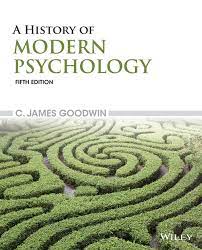
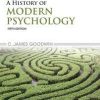
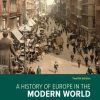
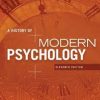
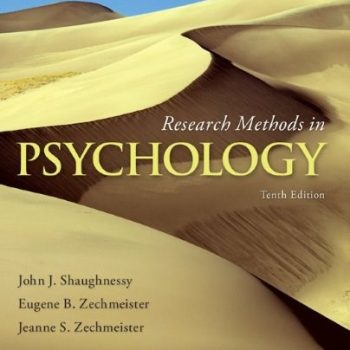
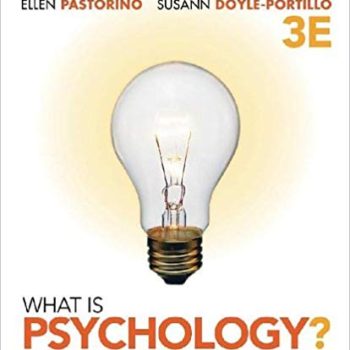
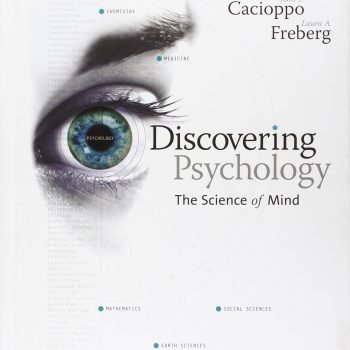
Reviews
There are no reviews yet.